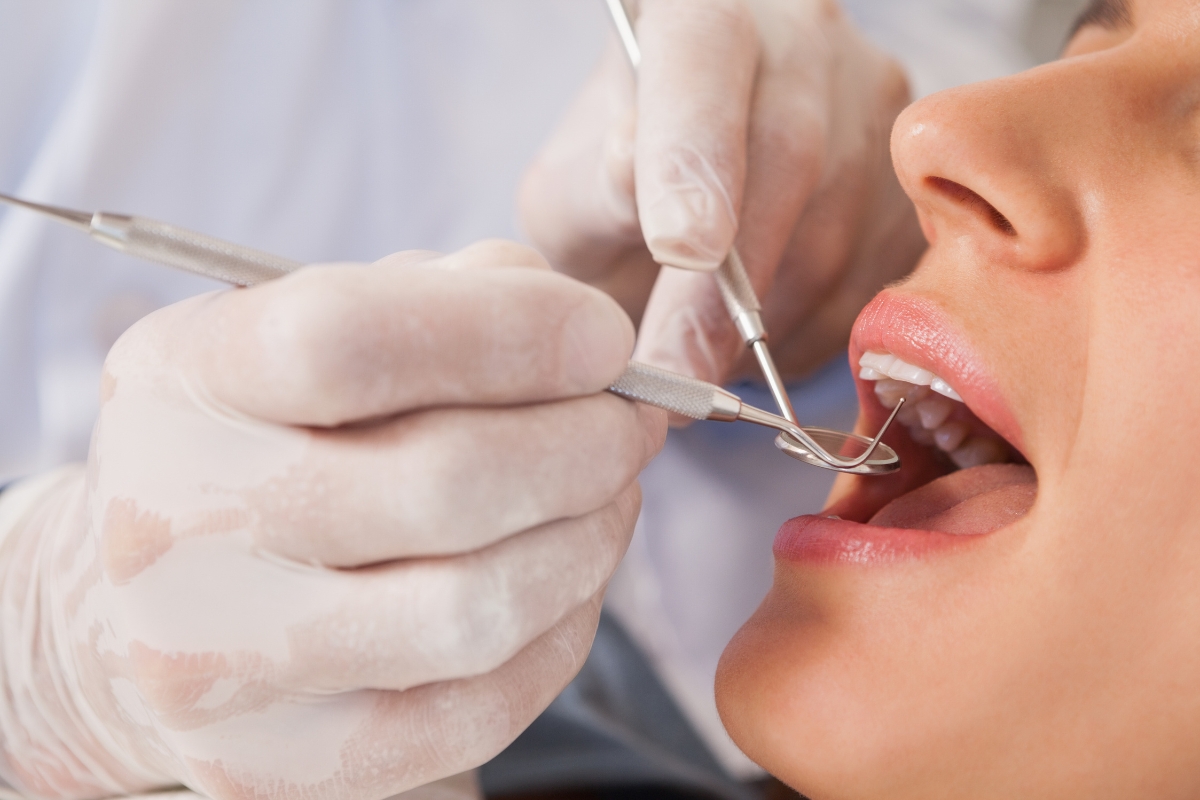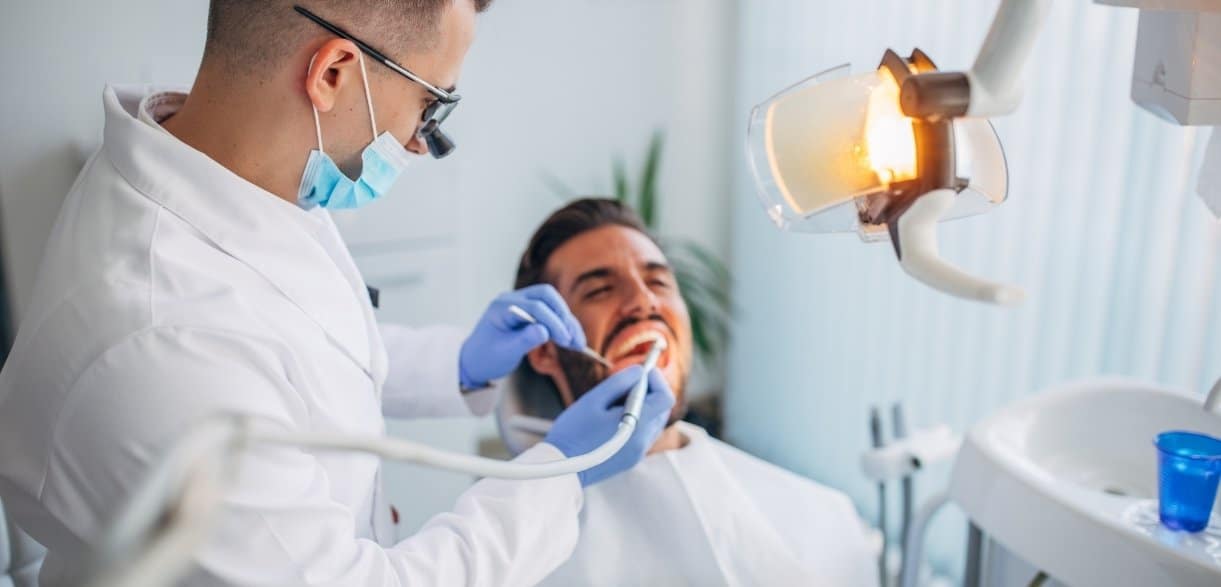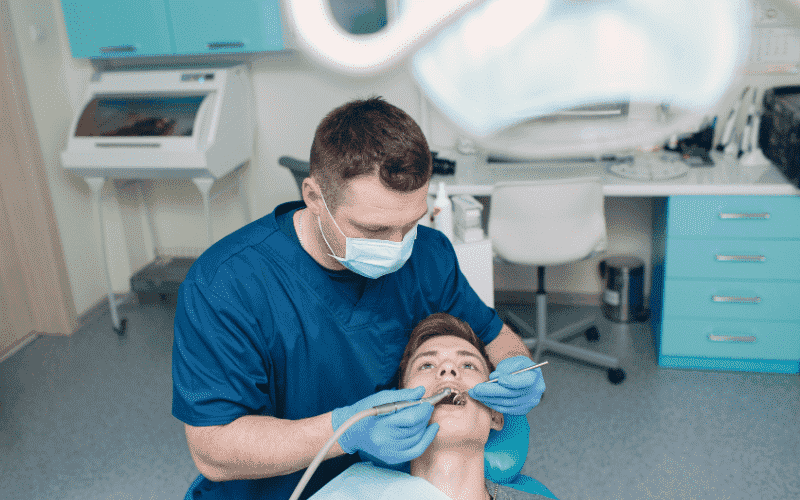
Dental emergencies can strike unexpectedly, causing pain, discomfort, and disruption to your daily life. While accidents happen, many dental emergencies are preventable with proper care and attention to your oral health. By incorporating a few simple daily habits, you can significantly reduce the risk of encountering dental emergencies. In this blog, we’ll explore practical steps to maintain a healthy smile and avoid the need for an emergency dentist.
The Importance of Preventive Dental Care
A healthy smile is based on preventive dental care. Regular visits to your dentist, combined with daily oral hygiene practices, help keep your teeth and gums in top condition. However, it’s not just about maintaining a bright smile—preventive care also plays a crucial role in avoiding dental emergencies.
Dental emergencies can include anything from a sudden toothache to a knocked-out tooth, and they often require immediate attention. While some emergencies are unavoidable, others can be prevented by adopting healthy habits that protect your teeth and gums from damage.
Daily Habits to Prevent Dental Emergencies
Incorporating these daily habits into your routine can help you maintain a healthy smile and minimize the risk of dental emergencies:
1. Brush Your Teeth Twice a Day
Brushing your teeth twice a day is one of the most effective ways to prevent dental problems. Use a fluoride toothpaste and a soft-bristled toothbrush to gently clean your teeth and gums. Plaque, a sticky layer of germs that can cause gum disease and tooth decay, is removed by brushing. By keeping your teeth clean, you reduce the risk of cavities and infections that could result in a dental emergency.
2. Floss Daily
Flossing is often overlooked, but it’s essential for maintaining good oral health. Flossing removes food particles and plaque from between your teeth and along the gumline—areas that your toothbrush can’t reach. Regular flossing helps prevent gum disease, which can cause gums to recede and expose the roots of your teeth, making them more vulnerable to damage and infection. Protecting your gums with daily flossing can prevent painful dental emergencies down the road.
3. Use Mouthwash
Incorporating an antimicrobial mouthwash into your routine adds an extra layer of protection against harmful bacteria. Mouthwash helps reduce plaque buildup, prevent gum disease, and freshen your breath. It also reaches areas of your mouth that brushing and flossing might miss. By reducing bacteria in your mouth, you lower the risk of infections and other dental issues that could lead to an emergency visit to an emergency dentist in Miami Gardens.
4. Protect Your Teeth During Physical Activities
It is imperative that you use a mouthguard if you play sports or engage in other vigorous activities. Mouthguards protect your teeth from being chipped, broken, or knocked out during impact. Custom-fitted mouthguards provide the best protection, as they are designed to fit your teeth perfectly. Whether you’re playing contact sports or engaging in activities where there’s a risk of falling or being hit in the face, a mouthguard can prevent a painful and costly dental emergency.
5. Avoid Chewing on Hard Objects
Chewing on hard objects like ice, pens, or even hard candy can crack or chip your teeth. These habits put unnecessary stress on your teeth, making them more susceptible to damage. If you’re prone to chewing on hard items, try to break the habit by chewing sugarless gum instead. Protecting your teeth from unnecessary wear and tear is a simple way to prevent emergencies that require immediate dental attention.
6. Stay Hydrated
Drinking plenty of water throughout the day is beneficial for your overall health and your oral health. Water aids in the removal of bacteria and food particles that can cause gum disease and tooth decay. Staying hydrated also prevents dry mouth, a condition that can increase the risk of cavities and infections. By keeping your mouth moist, you create an environment that’s less conducive to bacterial growth, reducing the likelihood of dental emergencies.
7. Maintain a Healthy Diet
Your diet plays a significant role in the health of your teeth and gums. A diet rich in fruits, vegetables, lean proteins, and whole grains provides the nutrients your body needs to maintain strong teeth and healthy gums. Avoiding sugary and acidic foods can also prevent tooth decay and erosion, which are common causes of dental emergencies. By making mindful food choices, you support your oral health and reduce the risk of unexpected dental problems.
8. Don’t Ignore Tooth Pain
Tooth pain is frequently an indication of an issue. Whether it’s a cavity, an infection, or a cracked tooth, addressing the issue early can prevent it from becoming a full-blown emergency. If you experience tooth pain, don’t ignore it—schedule an appointment with your dentist as soon as possible. Early intervention can save you from more severe pain and the need for urgent care from an emergency dentist.
9. Quit Smoking
Smoking is bad for your oral health since it increases the risk of tooth decay, gum disease, and oral cancer. It also impairs your body’s ability to heal, making you more susceptible to infections and complications. Quitting smoking is one of the best things you can do for your overall health and your smile. By eliminating this harmful habit, you reduce your risk of dental emergencies and improve your long-term oral health.
10. Schedule Regular Dental Checkups
Regular dental checkups are essential for preventing dental emergencies. During these visits, your dentist can identify and address potential problems before they become serious. Professional cleanings get rid of tartar and plaque buildup that brushes and flosses are unable to. Your dentist can also provide personalized advice on how to care for your teeth and gums, helping you avoid emergencies in the future.
The Role of an Emergency Dentist
Even with the greatest of intentions, dental emergencies can still occur. Knowing when to seek help is crucial. An emergency dentist can provide immediate care for a range of urgent dental issues, including:
- Severe Toothaches: Persistent pain that doesn’t go away with over-the-counter pain relief may indicate a serious problem like an infection or abscess.
- Broken or Chipped Teeth: If you break or chip a tooth, it’s important to see a dentist as soon as possible to prevent further damage.
- Knocked-Out Tooth: If a tooth is knocked out, time is of the essence. Seeing an emergency dentist quickly can increase the chances of saving the tooth.
- Gum Infections: Swelling, pain, and pus around the gums may indicate an infection that requires immediate treatment.
- Lost Fillings or Crowns: Losing a filling or crown can expose the tooth to further damage and infection, so it’s important to address the issue promptly.
Having a plan in place for emergencies ensures that you can get the care you need when you need it most.
Preventing dental emergencies starts with adopting healthy daily habits that protect your teeth and gums. By brushing, flossing, staying hydrated, and avoiding harmful behaviors, you can maintain a healthy smile and reduce the risk of needing an emergency dentist in Miami Gardens. Regular dental checkups and early intervention are also key to preventing minor issues from becoming major emergencies. Remember, a little preventive care goes a long way in keeping your smile safe, healthy, and beautiful.



